‘Science,’ wrote Jules Verne, ‘is made up of mistakes, but they are mistakes which it is useful to make, because they lead little by little to the truth.’ Perhaps this is why politics, which claims to be a science, is so littered with tremendous errors at the moment.
It wasn’t just the pollsters and the pundits in Westminster who called this election wrong. People embedded in constituencies couldn’t even correctly predict their own results. These days, politics seems a lot more like alchemy than a real science.
On the night before polling day, a group of Labour MPs compared notes about how things were looking in their patches. It was a miserable conversation in which many were resigned to being dumped by their electorates. Everyone outside a particular metro-politan multi–ethnic bubble reported a hatred of Jeremy Corbyn on the doorstep; hatred of an intensity none of them had seen before. The next day, things still looked bleak. Campaigners knocking on doors in seats such as Wirral South found voters who had once committed to Labour turn around and say they were now off to back the Tories. Meanwhile, Tory MPs with relatively strong majorities were telling one another that their vote was holding up and they couldn’t wait for the whole thing to be over so they could get on with their lives.
None of those Labour MPs who’d told their colleagues they expected to lose did so. And perfectly confident Conservative MPs suddenly found their majorities had disappeared, either to nothing or to just a few votes. In all, 33 Tories lost their seats, and 22 of their colleagues who held on did so by a margin of 1,000 or less.
Normally, after knocking on so many doors, parliamentary candidates get to the end of an election with the most detailed picture possible of what voters want from their party. This time around, far too many MPs had reached the wrong conclusion. The doorstep is sacred ground in politics, yet even experienced campaigners were utterly misled by the conversations that took place on it.
MPs are well-versed in reading between the lines of what voters say. ‘I don’t know how I’m going to vote’, for instance, tends to mean: ‘I’m voting for the other party but because I’m British I’m not going to say it to your face.’ So what did they miss?
‘Looking back,’ says one Labour MP who had spent weeks listening to voters complain about Corbyn, ‘I think for those of us who were hearing “We don’t like Corbyn”, what we didn’t hear was anything about Theresa May. And so we didn’t realise that the silence from the voters meant they didn’t like her either.’ At the start of the campaign, candidates in both parties reported voters describing the Prime Minister as a ‘woman who gets things done’. After the botched manifesto launch, voters just stopped talking about her.
It’s not the first time Labour voters have complained about the party’s leader, either. Andrew Gwynne, Labour’s election campaign chief, confesses that he’d forgotten how unpopular Tony Blair was on the doorstep in 2005. ‘We sometimes feed our own fears on this. If I’m honest, in 2005 when we won I got on the doorstep: “I would vote Labour but not for Tony Blair and what he’s done in Iraq.” We forget that.’ Corbynites also suspect ‘moderate’ Labour MPs were suffering from confirmation bias: only hearing what they already thought about their leader and not looking for evidence that challenged it.
Another mistake both sides seem to have made is turning up on the wrong doorsteps. The Tories managed this spectacularly by focusing on the wrong seats, leaving incumbents to fight alone while parading confidently around the north-east. They also took the Remain vote for granted, forgetting that Theresa May had managed to insult
the 48 per cent who wanted Britain to stay in the European Union by calling them ‘citizens of nowhere’.
Labour MPs were so frightened by what they thought Jeremy Corbyn had done to their party’s appeal that they became obsessed with retaining their existing voters, not looking for new ones. After weeks of phoning this slice of the electorate, which contained some of the most negative attitudes to Corbyn, the candidates started to believe everyone felt this way.
Meanwhile, both parties were neglecting or struggling to reach a group of voters who appear to have turned out in greater numbers than expected to vote Labour: young people. Not just students, but the under-45s, who are more likely to live in blocks of flats which are difficult for canvassers to access, more likely to be out in the evening when parties are canvassing, and are more likely to have housemates or parents who come to the door and suggest a household is voting one way when its younger inhabitants plan to vote another. Some voters had registered so late that the parties just didn’t have any data on them at all. Anyone who has spent much time in politics knows the saying about non-voters — the main thing about them is that they don’t tend to vote. Well, in this election, some of those non-voters turned out for Corbyn, unnoticed by campaigners who thought they knew it all.
How do parties reach these mysterious people? Both parties threw vast sums at Facebook campaigning but are not yet comfortable standing on the virtual doorstep. The Tories spent more than £1 million on attack ads on the site, yet lost seats. Labour strategists argue that what helped them was online posts not written by official propagandists but by campaign groups like Double Down News and Red Labour, which shared viral posts suggesting an establishment conspiracy against Corbyn.
Labour is now considering changing its model of canvassing so it is able to collect much more useful data than the basics needed to help get out the party’s vote on polling day.
Neither Labour nor the Tories won a majority in the election, and both have lessons to learn. But the problem with a science as inexact as politics is that by the time of the next election, the landscape will have changed sufficiently for there to be a whole load more mistakes available to make.
Got something to add? Join the discussion and comment below.
Get 10 issues for just $10
Subscribe to The Spectator Australia today for the next 10 magazine issues, plus full online access, for just $10.
You might disagree with half of it, but you’ll enjoy reading all of it. Try your first month for free, then just $2 a week for the remainder of your first year.


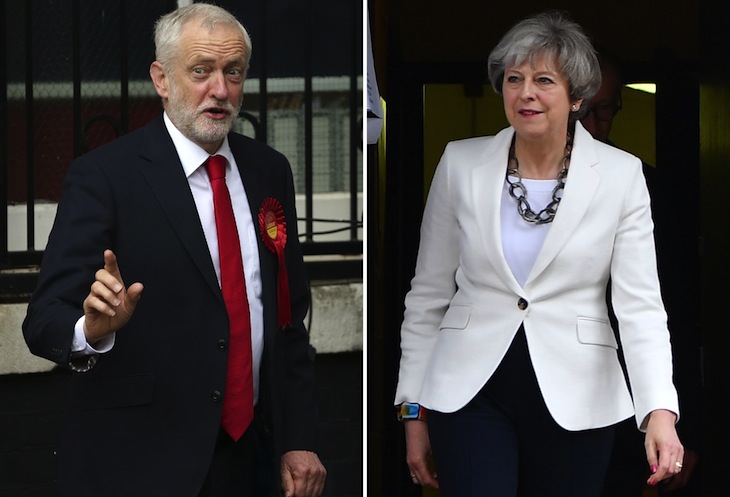
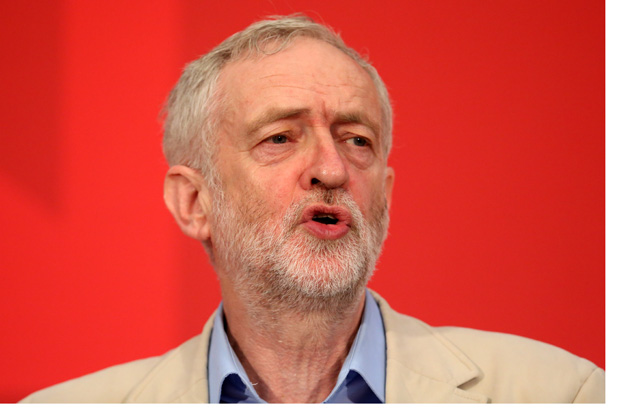
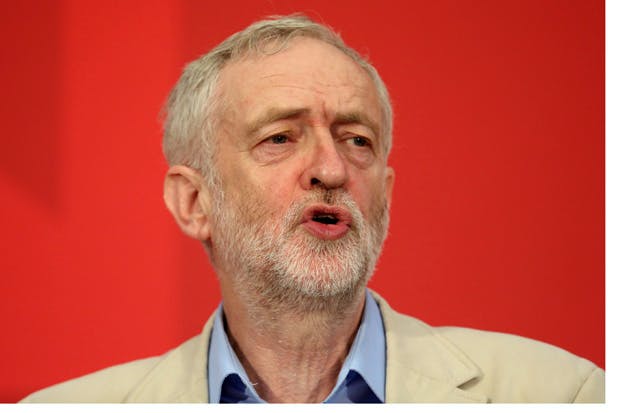
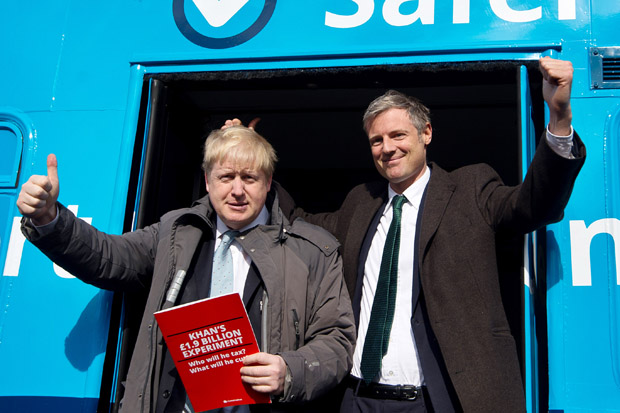
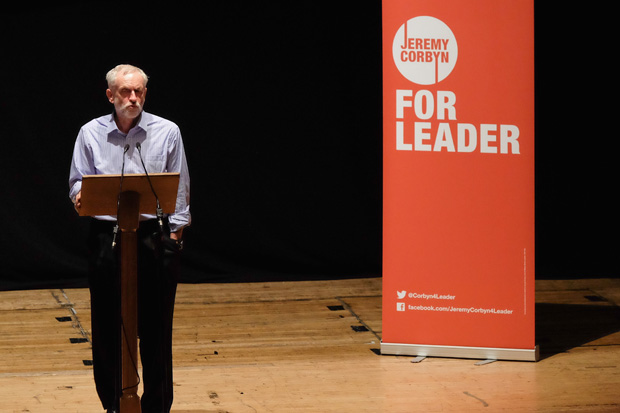
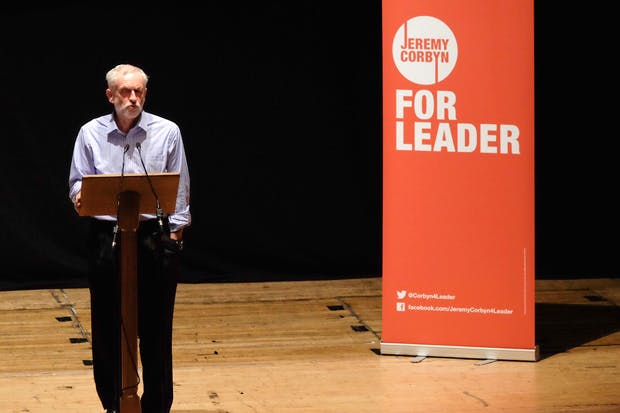






Comments
Don't miss out
Join the conversation with other Spectator Australia readers. Subscribe to leave a comment.
SUBSCRIBEAlready a subscriber? Log in